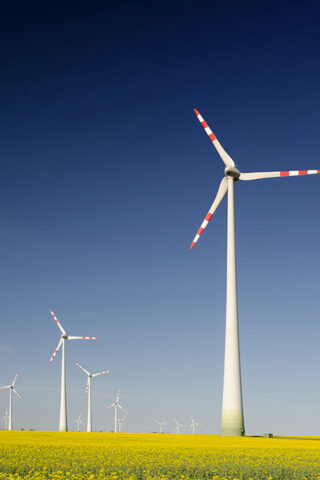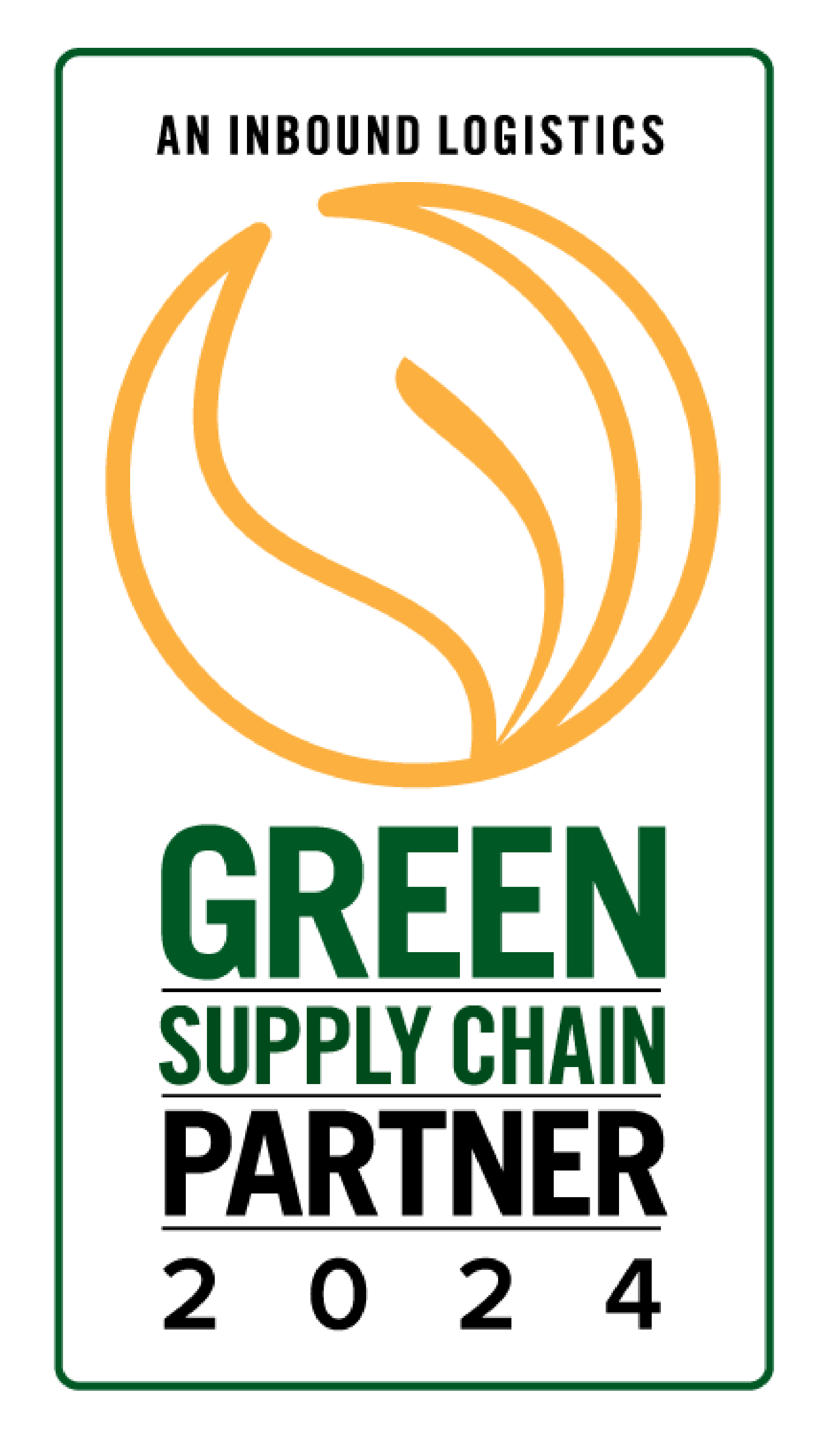Escher, Posted June 1, 2021
Posts can’t change human behavior, but they can adjust their postal operations to get customers their parcels faster and decrease costs, all while protecting the environment.
By 2025, researchers estimate that same-day deliveries will account for 15% of all products ordered online in the US, calling same-day delivery the “fastest-growing segment in the last-mile environment.” And that’s not unique to the US. Pitney Bowes estimates global parcel volumes will rise to over 220 billion packages by 2026, double the number of parcels shipped in 2019. While that’s great news for the Post business, it also surfaces concerns about efficiency, operations, and, most of all, environmental impacts.
Although Posts can’t change human behavior, they can adjust their operations. Big consulting groups and think tanks have recently identified ways to get customers their parcels faster and decrease postal operating costs, all while protecting the environment. Below, we examine several ways Posts are already putting some of these sustainability-forward practices in place.
Traffic
According to a new report by Accenture, “enhanced” last-mile delivery can lead to less congestion. One of the “enhancements” the report explores is local micro-fulfillment centers. MFCs are placed in suburban locations to speed up the supply chain process and serve as automated locker storage facilities or stand-alone micro-warehouses. Similar to pick-up drop-off (PUDO) locations, MFCs can also enable in-person pickup with click and collect.
As such, MFCs narrow the gap between retailers, postal organizations, and consumers, increasing the speed of delivery and decreasing the number of greenhouse gases produced. In fact, the Accenture study showed that both London and Chicago could experience a 13% reduction in delivery traffic (127 to 320 million fewer miles) because of MFCs.
Emissions
Electric vehicles (EVs) are a hot topic in the delivery sphere. Some studies state that emissions from EVs are up to 43% lower than diesel vehicles. What is more, experts estimate that electric vehicles would cost 35% of what diesel costs for last-mile delivery fleets. Not surprisingly, The United States Postal Service announced a $482 million dollar initiative to transform their current fleet into an all-electric one over the next ten years.
But Posts can also reduce emissions by taking advantage of advanced track and trace capabilities. Accenture found that route optimization technology combined with MFCs could reduce delivery traffic by an additional 3% to 4%. Even beyond optimized routing, Posts can decrease the amount of physical space they need一and, therefore, the power they require – by using PUDO, self-service kiosks, and pop-up post offices.
Waste
Consumers want the contents of their packages to arrive at their destination safely, but that typically means using extra packing materials that eventually end up in a landfill. The good news is that consumers are willing to spend more to support carbon offsetting efforts. 52% of consumers said they would be willing to pay an average of 32 cents more per parcel.
The Royal Mail is a fantastic example. They are working with over 2 million businesses across the UK to gather used coffee cups and recycle them into new paper packaging products. There are other ways to tackle the waste problem as well. Some postal operators offer recycling programs for small electronics or ink cartridges and provide environmentally-friendly shredding services. Other groups have decided to sell stamps whose proceeds go to sustainable causes and allow customers to opt-out of advertising mail.
What Posts can do now
The diesel trucks normally employed in last-mile delivery have significant emissions, cause traffic congestion when double-parking, and large warehouses increase power consumption. As such, there’s been a concerted effort to confront these issues with new technology and structural changes. With some adjustments, Posts have the opportunity to reduce congestion, emissions, and waste. Learn more about how you can begin implementing some of these tactics from the technology experts at Escher.







